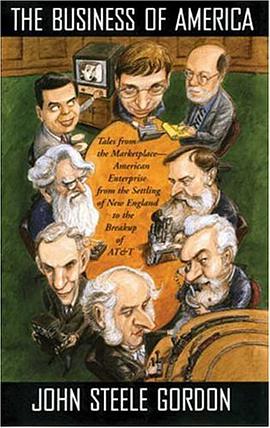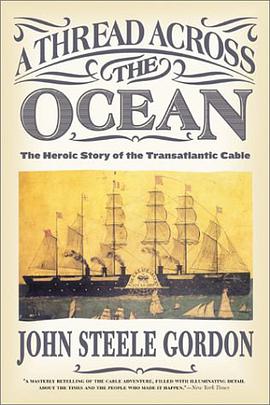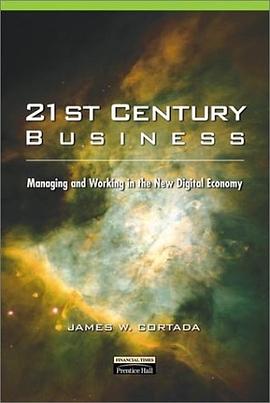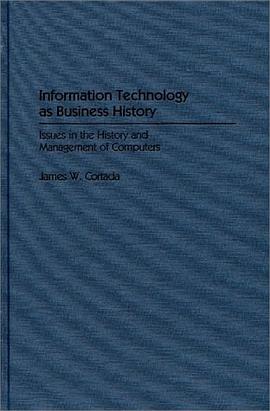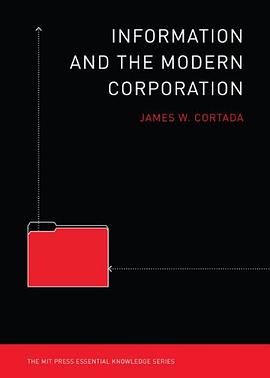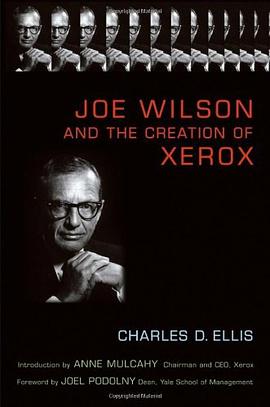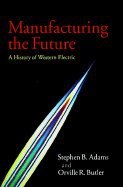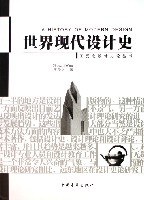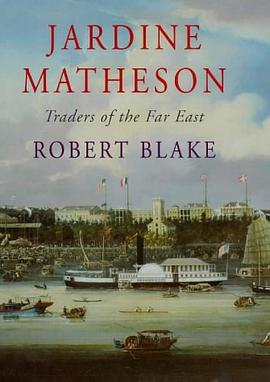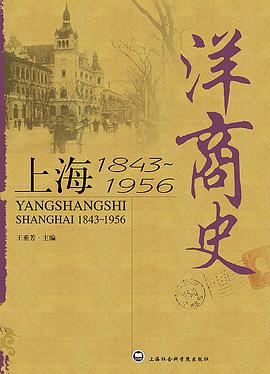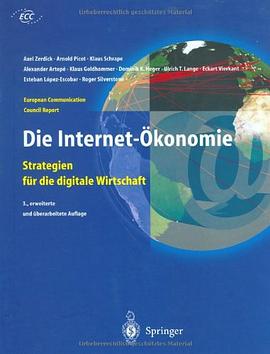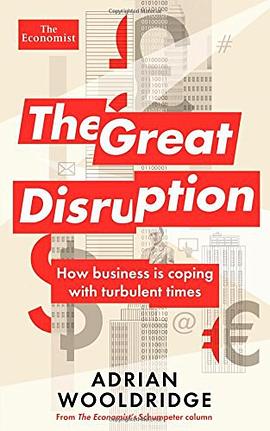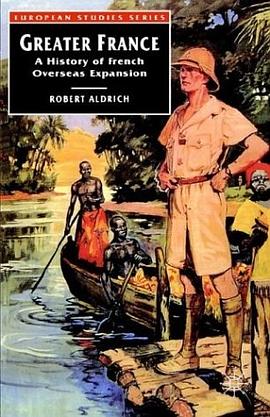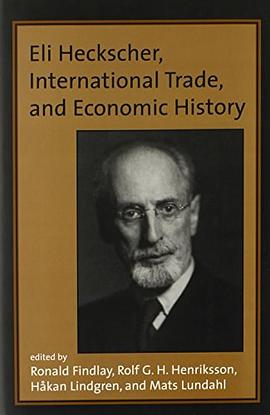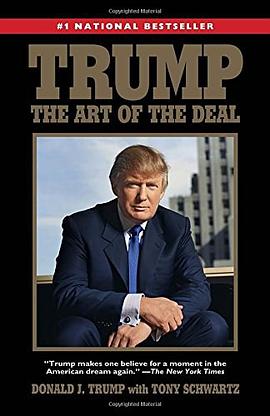在线阅读本书
Book Description
Joe Wilson was that rare business leader who, like Henry Ford before him or Bill Gates since, literally changed the world in which he lived. Wilson's company, Xerox Corporation, introduced the first one-piece, plain paper photocopier in 1959, dramatically altering the way in which business was done and becoming so culturally ingrained that the term for photocopying is "Xeroxing."
Yet Wilson was much more than just one of the twentieth century's most talented and accomplished business executives. Decades before a sense of social responsibility was considered vital to the success of a corporation, Joe Wilson was a driving force behind gender and racial equality, labor-management harmony, and the need for big business to understand and address the failures of our overall society.
Joe Wilson and the Creation of Xerox is the first book to tell the story of this deeply principled and talented leader. Written by Charles Ellis, the globally renowned business strategist and author of the investment classic Winning the Loser's Game, this inspirational and vastly entertaining book details:
* The determination and entrepreneurial drive of Joe Wilson as he transformed the brilliant invention of Chester Carlson from near-certain oblivion to ubiquitous xerography
* The early growth years of Xerox—then called Haloid—and the programs Joe Wilson put in place to hire the most promising employees and seamlessly "retire" those who didn't share his vision and work ethic
* The many years of uncertainty and near-defeat through which Wilson led the team he was recruiting to create the company and the great products that drove Xerox's profits consistently upward at a faster rate for a longer number of years than any other company
* The legendary 914 copier, and how Wilson and other company executives bet their futures and fortunes on the unproven product that would soon make Xerox a household name
Wilson's hands-on work with minority leaders to provide education and opportunity to young African- Americans during the racially explosive 1960s
The transition years, and how Joe Wilson carefully relinquished control of Xerox while remaining intimately involved in both its day-to-day and long-term growth
In a business world in which intense competition is the norm, with old-fashioned integrity often the first casualty, Joe Wilson's life and legacy have established a gold standard of leadership ethics and excellence. Joe Wilson and the Creation of Xerox tells Wilson's story, from struggling college graduate to esteemed business leader, and provides a success template that will be valuable for business leaders of every type, in every industry.
From Publishers Weekly
Transforming family-owned Haloid Corp., which struggled in the shadow of hometown behemoth Eastman Kodak, into the globally recognized Xerox is an amazing accomplishment. But as Ellis's biography of Joe Wilson attests, Wilson's achievements ranged more widely and went much deeper than many gave him credit for. Ellis, author of 11 books and former financial industry consultant offers a heartfelt, if not artful, telling of the CEO's life story. He contends that Wilson embodied all of the qualities that leadership management books celebrate: integrity, foresight and the ability to inspire people to perform. He credits these attributes to helping Wilson so spectacularly realize his vision for his company; its employees; his alma mater, the University of Rochester; and the city and people of Rochester, N.Y. Ellis's telling starts off slow and is initially quite repetitive. But once Xerox is finally born, after years of setbacks, the story picks up. The real purpose for the detailed buildup appears toward the end, when credit for the last 20-odd years of corporate strife and ultimate success is given to the wrong person, Wilson's best friend and the company's corporate counsel. At that point, it becomes clear why Ellis was compelled to write this book so long after the company's rise and its true founder's demise. (Sept.)
From Booklist
In Copies in Seconds (2005) David Owen told the story of Chester Carlson, the lone inventor of the Xerox machine. Here, Ellis creates a portrait of Joe Wilson (1909-71), the CEO of Xerox, who took the invention to fruition. An even-tempered man with impeccable values and enormous patience, Wilson took on an incredible risk backing a completely untested technology, which paid off only after decades of tireless work. When office workers embraced the technology, copying everything in sight, the Xerox copy machine became one of the most lucrative inventions of the twentieth century. But Wilson wasn't just about making money; he was one of the first business leaders to become personally involved in civil rights, hiring African American workers when most other companies effectively locked them out of jobs. Wilson remained humble even as others around him took credit for Xerox's success, and he passed on quietly just as the company began to lose its way. Ellis' account is a shining example of how honest and compassionate leadership can create profits and benefit the community at the same time.
David Siegfried
Book Dimension
length: (cm)23.4 width:(cm)16.1
